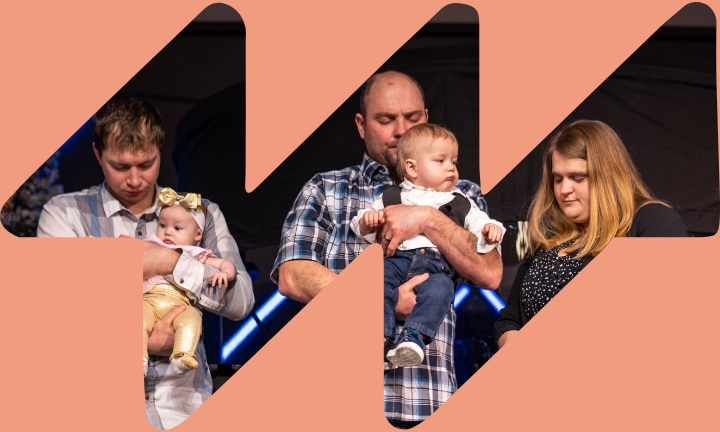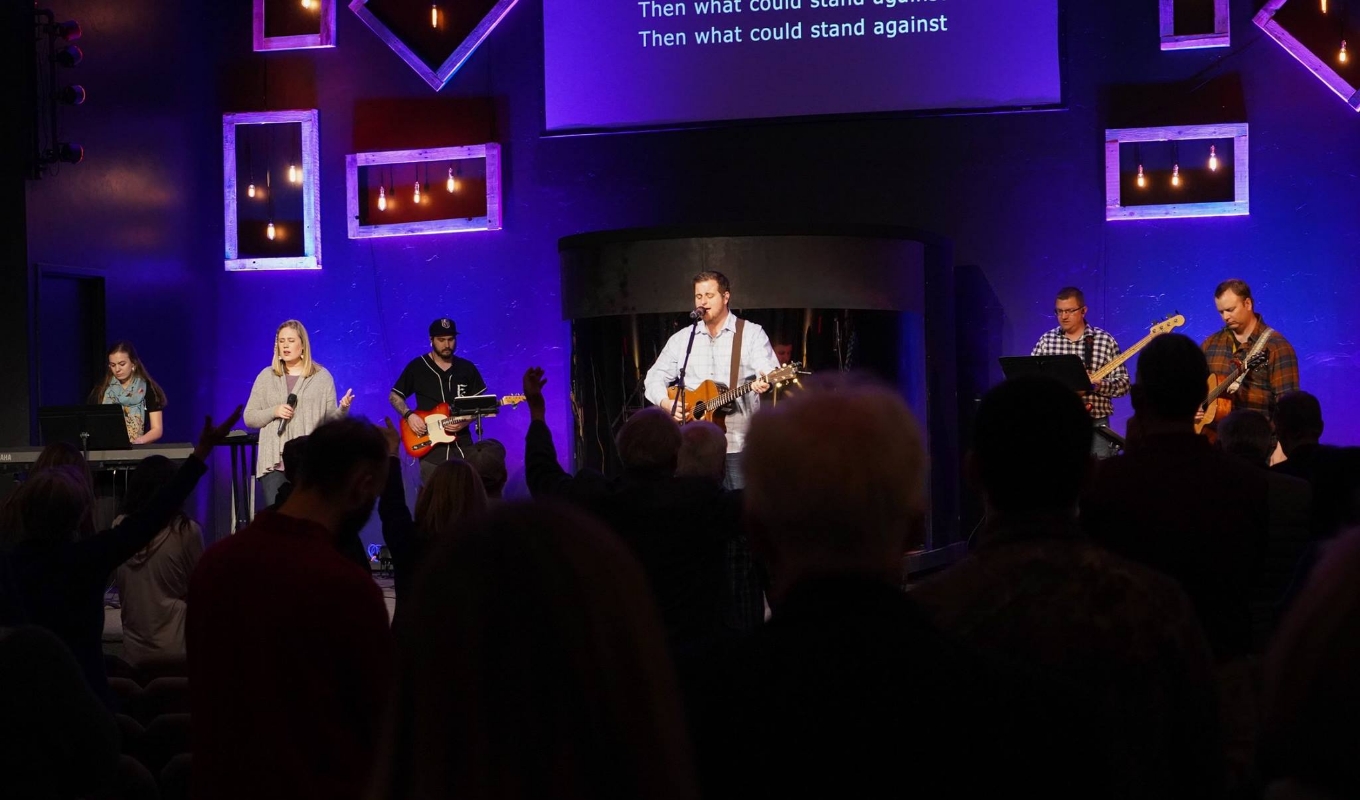When my children were born, fathers were not wanted near the birthing section of the hospital. I was with my wife up to the time that the medical people thought that birth was near, then my wife was wheeled away, and there I sat wondering and worrying. After all, I was the father of this new child, and I loved my wife, but I was not wanted when the birth took place. It was several hours after birth that I was called, and I could look through a window while a nurse pointed to the baby my wife had just birthed. That entire process has changed in the day we now live in. Many fathers have watched as their child came into the world. As a father, you are a part of the birthing process.
Birth is always an exciting time. Death is usually a time of grief and weeping. We all participate in both events as we move through life. It has been said, “when we are born we are crying while everyone else is laughing, and when we die we are rejoicing and everyone else is crying.”
In John 11, we find Jesus in this situation. He is at the gravesite of his friend Lazarus. We seldom hear anything of the social life of Jesus. However, in verse three of the text Jesus receives a message that says; “Lord, behold, he whom you love is sick.” These friends lived a few miles out of Jerusalem. There are three siblings: Mary, Martha, and Lazarus. Lazarus had died, so Jesus makes His way back to the village of Bethany. As Jesus nears the village, he is met by Martha, one of the siblings. The first words out of her mouth are, “Jesus, if you had been here, my brother would not have died.” This initiates a conversation between Martha and Jesus. Jesus says, “your brother will live again. Martha replies, “I know that he will rise again in the resurrection of the last day.” Jesus replies back, “Martha, I am the resurrection and the life. He who believes in me shall live even if he dies.” That statement is profound because it deals with life, which is something we all seek, and it deals with death, which is something we all shun.
Resurrection in Jewish thought is very vague. Abraham looked for a city, Moses looked for the great lawgiver, the prophets spoke of a future kingdom and Job says, “I know that my redeemer lives” but, they all died. Resurrection had never been experienced. So, when Martha says, “I know that he will rise again in the resurrection in the last day” she is resonating with a deep Jewish hope. David’s house [kingdom] will return. When Jesus says, “I am the resurrection….” He is stating “I have the power to bring dead people back to life.”
As you continue on in the story you can tell that no one is grasping the real truth of what Jesus has said. They cannot believe that dead people can live. The teaching of the resurrection is unique to the Christian faith. Neither Eastern religion, Islam, or secularism teach the resurrection. The reason they do not teach this must be based on life beyond the life we know here. Disease and the aging process eventually conquer the life of that newborn babe–unless there is access to divine life. The “life” that Jesus is talking about, the breath in our lungs, or the beating heart. He is referring to His own life, which is eternal. In an earlier teaching Jesus said, “Before Abraham was, I Am”. He is referring to the fact that His life is not dependent on any outside support. He exists by His own nature. So, He says to Martha, I have the power to bring back dead people to life, because I am the source of life. Then He says something still more profound. “Everyone who lives and believes in me shall never die.”
That statement has been maligned and misinterpreted by many. What Jesus is saying is, “there is no such thing as death in my nature.” If His life dwells within us, there is life, even beyond death.
Paul develops this teaching even further. He states in 1 Corinthians 5 that life can be compared to a tent. Tents deteriorate, even the best of them. However, beyond death we have a permanent home, which is eternal in the heavens.
Paul develops this further in 1 Corinthians 15. His premise is that Christ’s resurrection is what he calls the “first fruits” of what shall be in the future. Then, referring to our resurrection he says, “it [referring to our human body] is sown perishable, but it is raised imperishable; it is sown in dishonor, but it is raised in glory; it is sown in weakness, but it is raised in power; it is sown a natural body, but is raised a spiritual body.”
This is why Paul is able to say, “We sorrow not as those who have no hope,” referring to the death of the believer.
It is my firm belief that I will personally see my loved ones [dad, mom, my brother, my grandparents] when I get to heaven. I will get to heaven even though my body will lie at Conrad cemetery. Because I have personal faith in Jesus as my savior, though I die, I shall live again, by the power of the one who lives in me, who is the very source of life. This is not because our deeds are righteous, and we are “good” people. It is because faith has connected me with the one who has eternal life.
Death is not a part of God’s plan. Romans 5 tells us that “….death came…”. It came as a result of disobedience. Romans five also teaches us “…the free gift of life also came through Jesus Christ. This causes Paul to proclaim triumphantly, “Oh death, where is thy sting, oh death where is thy victory, death is swallowed up in victory.”
So, Jesus stands at the front of the tomb of Lazarus and speaks life to death. Death flees, and Mary and Martha rejoice, as they remove the grave clothes from their brother.
Easter is coming!



